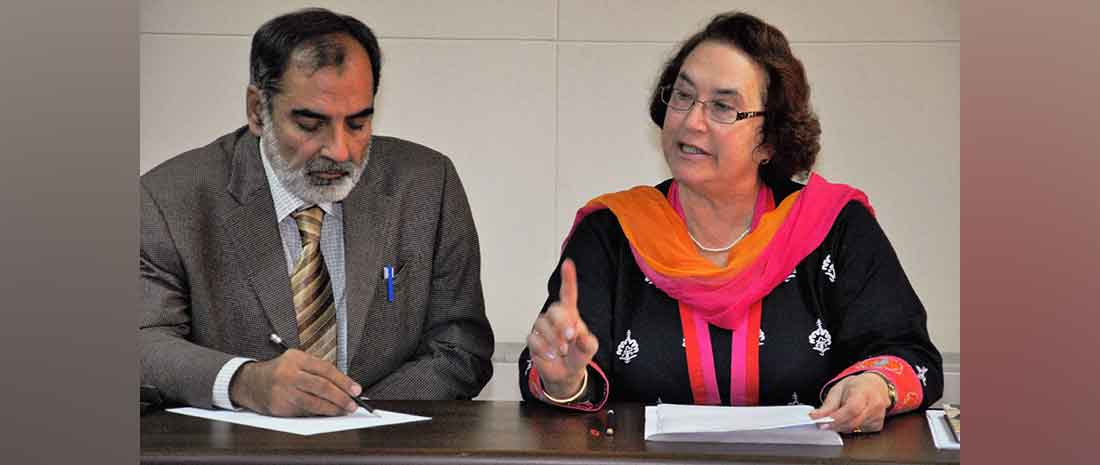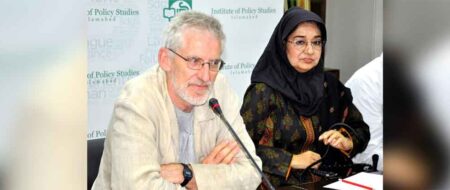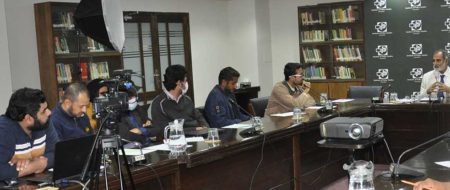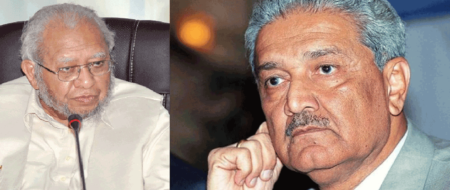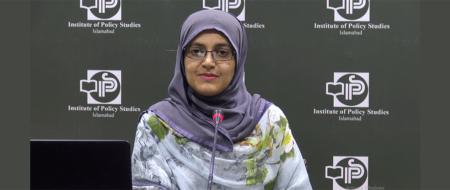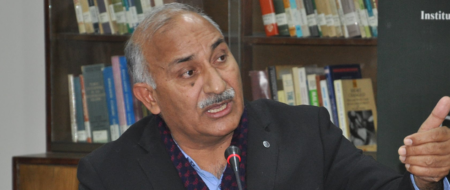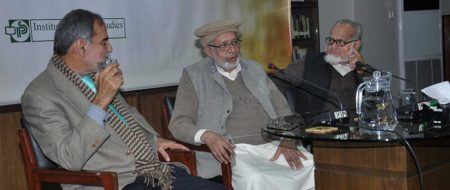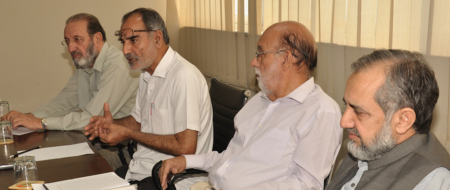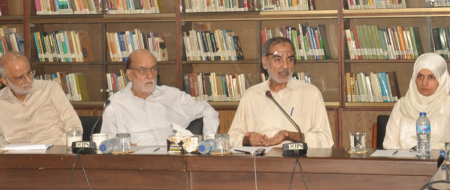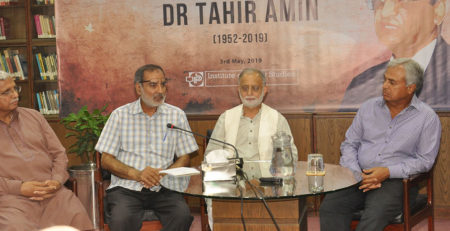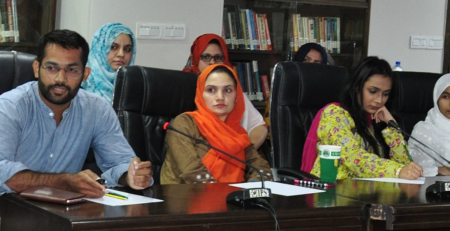Session on ‘Interpreting Islam, Modernity and Women Rights in Pakistan’
Government urged to build consensus over women’s role in society
Renowned scholar and writer Dr. Anita Weiss urged the government to find common ground and build consensus over women’s role in Pakistani society. This, according to her, could be done by taking cross-section of society on board and devising policies and legal reforms over the matter.
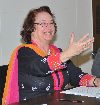 The speaker, who is a professor and Head of Department of International Studies, University of Oregon, U.S.A and the author of several publications, was speaking to a session titled ‘Interpreting Islam, Modernity and Women Rights in Pakistan’ held at the Institute of Policy Studies, Islamabad, on December 24, 2014.
The speaker, who is a professor and Head of Department of International Studies, University of Oregon, U.S.A and the author of several publications, was speaking to a session titled ‘Interpreting Islam, Modernity and Women Rights in Pakistan’ held at the Institute of Policy Studies, Islamabad, on December 24, 2014.
Summarizing the gist of her understanding of Pakistani society through direct interactions with its various sections in the past three decades, the speaker said there are different prevailing viewpoints about the role and status of women in society, although all shades of opinions were unanimous that the rights and role of women in Pakistan had to be defined in the light of Islam. The problem, in opinion of Dr. Weiss, emerged when every group insisted on its interpretation of Islam to be correct. These divergent and sometimes contradictory interpretations, further strengthened by mistrust among various sections, give rise to polarization and the consequent rift.
Dr. Weiss’s presentation was followed by a question answer session which invoked a thorough discussion on the topic from varied perspectives.
DG-IPS Khalid Rahman, who was presiding the session, concluded the interactive discussion with a notion that any social phenomenon including the rights and role of women needed a holistic understanding of cultural, economic, social as well as strategic issues along with religion. Among the local setting, he said, feudalism, feudalistic mindset, and governance-related issues too contributed in depriving the vulnerable and weak sections of society from their rights and due status.


